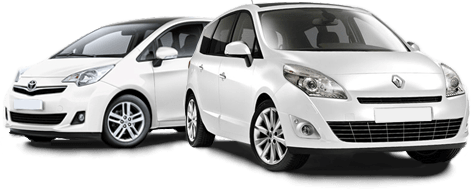Car Rental in Colorado | Book at Unbeatable Prices

Compare Prices and Book from the Top Car Rentals






Car Rental in Colorado
Discover Colorado's Unique Charm, Breathtaking Landscapes, and Enticing Attractions

Known for its varied attractions and breathtaking natural beauty, Colorado promises an unforgettable road trip experience. Traveling via car, you'll journey through a diverse landscape, encompassing both the snow-capped Rocky Mountains and the barren beauty of the Colorado Plateau. Vibrant urban areas like Denver, the state's bustling capital, harmonize perfectly with serene rural regions, offering something for everyone.
Commence your Colorado road trip in the spring or summer, when the roads are clear of winter snowfall and the Rocky Mountain National Park bursts to life with blooming wildflowers. Covering over 415 square miles, the park offers a wealth of hiking and wildlife watching opportunities. From there, venture south to Pueblo, known for its distinct industrial history and proximity to the Sangre de Cristo Mountain range. A car journey from Rocky Mountain National Park to Pueblo takes about 3.5 hours, but with so many picturesque towns and points of interest along the way, feel free to stretch this voyage over several days.
After exploring Pueblo, consider heading west to the Grand Junction, the heart of Colorado's wine country. Here you can explore the Colorado National Monument, which proffers stunning views of deep canyons and sandstone monoliths. The scenic drive to Grand Junction takes approximately 5 hours from Pueblo. This road trip encapsulates the very essence of Colorado's allure, showcasing the state's diverse landscapes, rich history, and vibrant culture.





